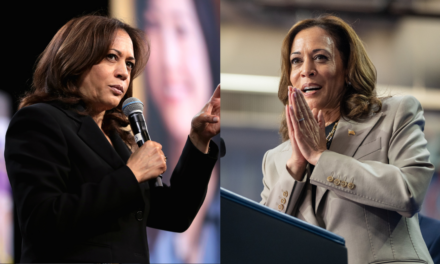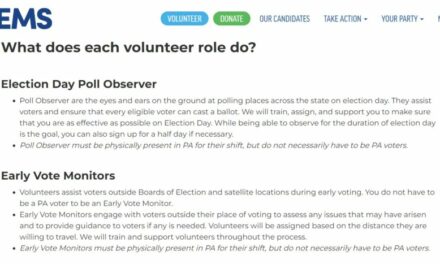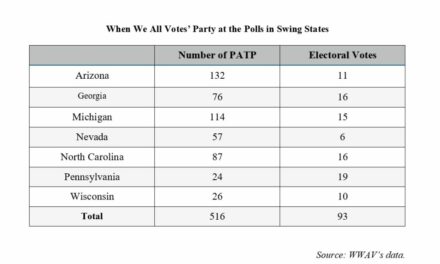We support our Publishers and Content Creators. You can view this story on their website by CLICKING HERE.
An Arizona judge upheld an injunction on Wednesday prohibiting enforcement of provisions in the state’s election guidance that her court found “restricted free speech.”
Writing for the Maricopa County Superior Court of Arizona, Judge Jennifer Ryan-Touhill denied a request by Democrat Secretary of State Adrian Fontes to place a stay pending appeal on the court’s recent injunction barring election officials from implementing parts of the 2023 Election Procedures Manual (EPM). In Arizona, the EPM is crafted by the secretary of state and provides guidance to election officials relating to mail ballots, voter registration, and other election-related matters.
In her initial ruling, Ryan-Touhill determined the provisions governing Arizonans’ conduct at polling locations went “too far” by attempting to police the behavior of both election officials and the public. She ruled that they constitute “speech restrictions in violation of our Arizona Constitution,” and noted that the EPM “misstates or modifies [state] statutes, and fails to identify any distinction between guidance and legal mandates.”
The court deemed the aforementioned rules “unenforceable,” prompting Fontes’ office to pledge to appeal the decision. Fontes filed a motion on Aug. 14 asking the court to place a stay on its decision while litigation on the matter continued.
Rejecting the motion, Ryan-Touhill noted Wednesday that while the court “understands Defendants’ position that the disputed section is intended to be ‘guidance’ for election officials,” it “simply disagreed with Defendants’ position and found the disputed section was not guidance, but, instead, an overreach by the Secretary of State that restricted free speech.”
“To reiterate, while Defendants claim confusion exists over the Court’s Ruling because Defendants believe they have issued advisory assistance to poll workers, the Court finds this without merit and reminds Defendants all citizens must follow the law,” Ryan-Touhill wrote. “It is not this Court’s duty to parcel through the EPM to analyze every phrase that does or does not comply with hypotheticals propounded by Defendants. The Court is instead tasked with the duty of analyzing the law and facts provided; that is what this Court did.”
The Arizona judge further noted that the court was “not persuaded” by Fontes’ arguments that plaintiffs’ concerns about free speech violations “ring[] hollow.”
“The Court reiterates its prior finding: ‘[I]t is always in the public interest to prevent the violation of a party’s constitutional rights,” she added.
According to local media, Fontes “still retains the opportunity to argue, at a full-blown trial, that the [EPM’s speech] restrictions are both constitutional and necessary.” Such a scenario would reportedly not occur until after the November election, meaning the prohibition on the disputed guidance will remain in effect for those contests.
Shawn Fleetwood is a staff writer for The Federalist and a graduate of the University of Mary Washington. He previously served as a state content writer for Convention of States Action and his work has been featured in numerous outlets, including RealClearPolitics, RealClearHealth, and Conservative Review. Follow him on Twitter @ShawnFleetwood

 Conservative
Conservative  Search
Search Trending
Trending Current News
Current News 





